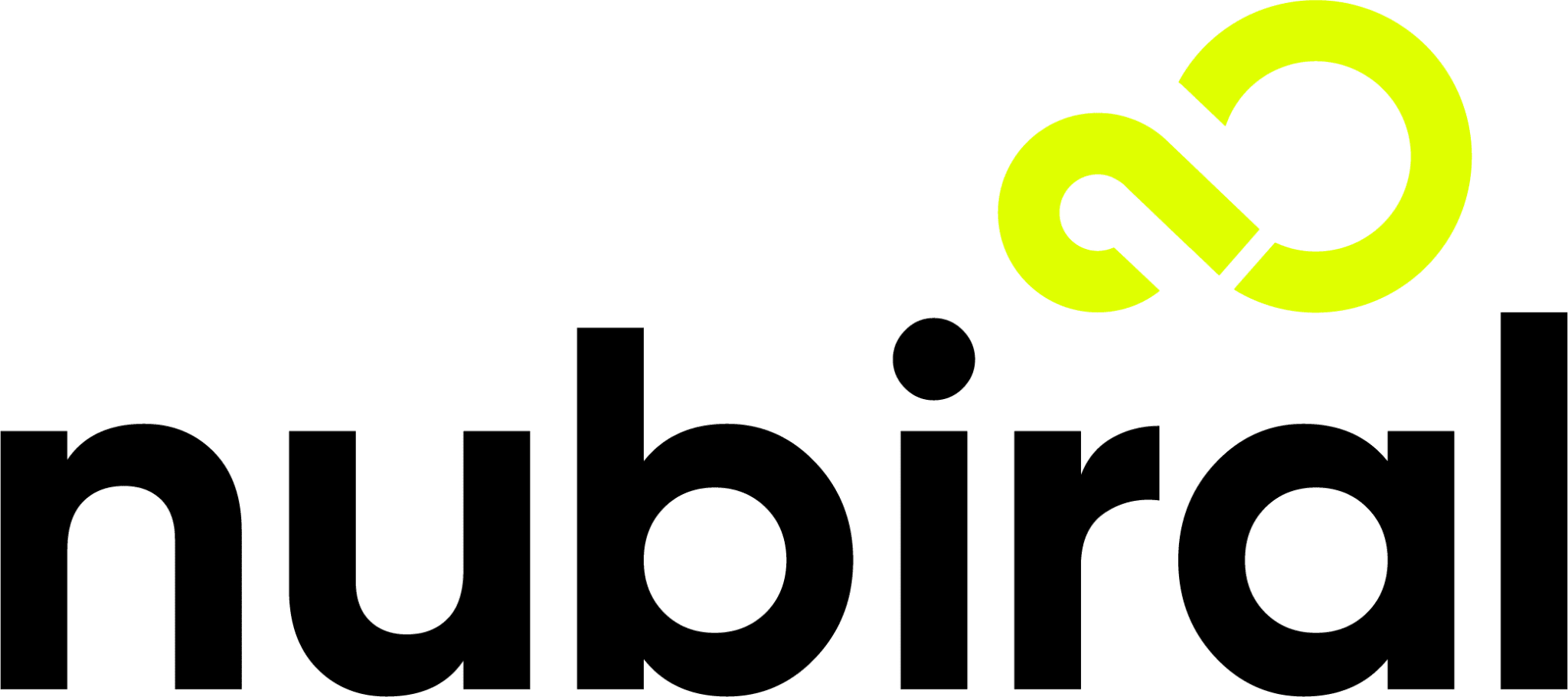Telcos that want to lead in the future must possess a key asset: the ability to intelligently manage their data. Implementing Microsoft Fabric is the right decision to move in that direction.
The market is becoming increasingly competitive. Customers demand unique experiences and quality services and know that the barriers to switching providers are low. On the other hand, one must not lose sight of the fact that a telco has millions of customers and that each of them has their own tastes, needs and ways of interacting with the company.
In the face of so many pressures and challenges, telcos have an advantage. Over the years, they have collected countless data from their millions of customers. It is time to put them to good use and make them contribute to the business.

Leveraging big data
One of the highlights of implementing Microsoft Fabric for a telco is that it boosts its ability to leverage big data.
As mentioned, large-scale data collection was an everyday task for this industry. The extra step is enabled by Microsoft Fabric. A unified data platform that allows you to collect, create, share and visualize data using a variety of tools.
This means that no matter how much data the telco has, no matter how many formats it has been stored in. Microsoft Fabric will provide advanced tools to manage and extract valuable insights from these massive data sets.
This capability is the essential step in improving decision making and enhancing internal operations to unprecedented levels. At the same time, it is what enables the telco to understand and anticipate customer needs and drive innovation.
What can your organization do with Microsoft Fabric?
By implementing Microsoft Fabric, telcos take a key step on the road to modernization. It is an end-to-end solution that brings together all data and analytics tools on a single platform.
What does this mean? With a single product, telcos can build a 360º view of their customers and their operations. Gone are the days of having to deal with multiple providers, integration issues or partial views of data.
In addition, Microsoft Fabric offers unprecedented flexibility. For example, it allows different types of users to access analytics at different levels according to their specific needs in a simple and intuitive way. This empowers business users to extract business value from data and avoids bottlenecks in IT.
These are some of the most important advances that telcos can achieve by implementing Microsoft Fabric:
- Creating the best cross-platform mobile experiences.
The user wants the best experience every time. By having a single view of customer data, the telco can deliver a fluid and consistent interaction, no matter what device they connect from and no matter what operating system they use.
By implementing Microsoft Fabric, telcos gain the ability to retain their customers and improve overall user satisfaction. This is a key factor in an industry where switching and churn are common.
- Boosting innovation in current and future applications
Implementing Microsoft Fabric is also the way for telcos to enter into a process of modernization and continuous improvement.
For example, by focusing on OneLake, a multi-cloud data lake, Fabric offers total freedom in the choice of cloud architecture. Data exchange and access will always be fast, intuitive and simple. For the customer, it is a single centralized storage system. It allows data to be shared between users and applications without the need to duplicate or move information.
In addition, Fabric is supported by the latest AI technology from OpenAI and ongoing advances from Microsoft, so a company using this solution will always be ahead of the curve.
- Monitoring and leveraging of Data logging
Data management is essential in telecommunications. In that sense, implementing Microsoft Fabric means gaining solid control over data logging.
From collection to storage and retrieval, this platform ensures information integrity and security, while complying with leading market standards.
Most importantly, data will no longer be collected “just for the sake of it”: the vast majority of it will be meaningful to the business.
Conclusions
Telcos that implement Microsoft Fabric will begin to develop competitive advantages as soon as possible by exploiting and highlighting their data. It is a key tool for improving internal operations, enhancing innovation and taking the customer experience to a new level.
To increase the probability of success in this process, it is important to have the support of a partner like Nubiral, who has a deep understanding of both the technology and the industry.
Data is there. We can help you turn it into value for your business. Interested in exploring this challenge together? Our experts at Nubiral are ready to help you: Schedule your meeting!





